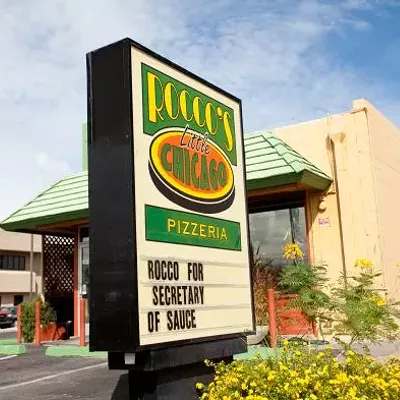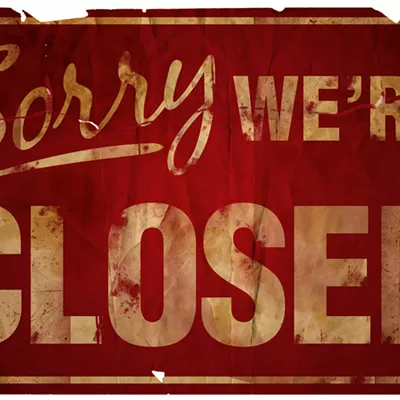Beginning in July, the Federal Trade Commission will start accepting the names of people who wish to be placed on a national "No Call" list via the Internet or through a telephone program which will be implemented in phases across the country. The contact information for these efforts has yet to be announced.
According to an FTC spokeswoman in Washington, D.C., the agency currently has no estimate as to how many people will actually sign up. But a roster of those who do register will be available in September,and beginning in October, telemarketing companies are supposed to check it every 90 days. If they don't and contact someone on the list, the firms will be subject to a $11,000 federal fine or a $1,000 state penalty, depending upon where the call originated.
While this may be a blessed relief to most Americans who have come to view their telephone as an instrument of sales-pitch torture, it isn't good news to our already shaky local economy. Even though most of Tucson's 30 call centers only provide services and support to customers, the pending regulations will affect roughly 10 percent of the community's 15,000 telephone-based jobs.
Lee Rattigan, chief financial officer of LTD Direct Marketing, says from his Delaware office that the company is still reviewing the potential affects of the federal "No Call" list. He adds that it's hard to tell what the impact will be on the firm's hundreds of local employees.
Scott Shaw, who owns Atlantic Tours, thinks many telemarketers will have legal problems because of the program. While he says his company already complies with the regulations, he believes other firms will ignore them and get into legal trouble because of the new restrictions.
Shaw didn't want to speculate about how a 25 percent nationwide sign-up to the list would impact his 100 employees. But he did say it could require his company to put a new twist on their marketing techniques.
Another local telemarketer is less hesitant in predicting the fallout from the pending changes.
"We'll lose 16 jobs," said Dave Burish, marketing manager for ThermalGard of Arizona.
Burish expresses sympathy for the people who will lose their $7.50-an-hour positions once the regulations go into effect. Most of those who do the calling, he says, "are nice folks who are barely fighting their way out of state (assistance) programs. When we pull this type of job out of the economy, society will have to foot the bill."
Complaining that the regulations eliminate a potential source of business during slow economic times, Burish predicts companies will lose money and be forced to find prospective leads elsewhere.
Estella Lopez, an assistant manager for Varsity Clubs of America's suites hotel on Speedway Boulevard, says her company hasn't yet discussed alternatives to its current telemarketing approach, but expects "it will be a lot tougher to get customers to come in."
While hundreds of local people may be looking for other jobs this fall because of the new program, most Tucsonans are probably anxiously awaiting the chance to sign up for the "No Call" list. But it won't free them from all unwanted phone solicitations.
Non-profit agencies and research interviewers will still be able to contact them, as will companies that already count them as customers, even though these firms produce some of the most annoying and persistent phone calls.
Politicians and their "Vote for Me" pleas will also be exempt from the regulations. After all, Americans wouldn't expect their public officials to forsake a marketing tool in their never-ending quest for election, would they?










